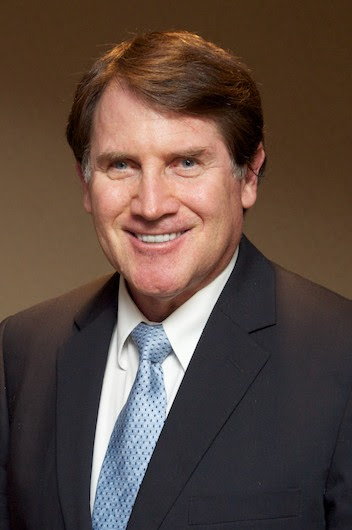In the latest attempt to kill DTC, Senator Claire McCaskill (D-MO) tried to amend the Trump tax bill with an elimination of the tax deductibility of DTC as a business expense. It was defeated. This is the umpteenth time this tactic has been tried by Congress hostile to the drug industry.

“Trying to limit the right to advertise…is a huge mistake.”
-Bob Ehrlich
I have lots of friends and relatives who are Democrats. I respect their right to think the drug industry charges too much and tries to create demand for drugs for diseases they advertise. Trying to limit the right to advertise lawful products, especially heavily regulated DTC advertising, is a huge mistake and creates a slippery slope. May I remind my Democrat friends that there are many categories of advertising that interest groups do not like.
Do we ban beer ads because drunk drivers cause accidents? Do we restrict ads for Mercedes because many people cannot afford them and feel bad? What about those violent video game ads? How about ads for violent movies? Somehow legislators have singled out drug ads for special treatment. Let’s deal with the common assertions about drug advertising.
Drug ads raise prices because critics point out that consumers eventually pay for those expensive ads. Sounds like a rationale argument but facts prove otherwise. Drug ads represent 1-2% of drug sales. We spent less than $100 million on Lipitor ads when sales were over $5 billion. No one ever mentioned advertising as a basis for pricing. Price is set based on a number of factors unrelated to advertising. What is competition charging? Are we first to market? How will pricing affect insurance coverage? How much patent life remains? What did we spend on development? How many markets worldwide are we in? The bottom line is we as an industry spend $5 billion on a revenue base over $400 billion. That is hardly an expenditure that would drive price up.
Drug ads create demand for products which are not needed. This is the second assertion usually made. Drug makers create disease awareness for ailments that are not a real problem say critics. Social anxiety, low testosterone, restless leg syndrome, are just some of the examples raised by critics. Critics also say advertised drugs are often no better than their generic alternatives. These are fair criticisms as there are people who turn to prescription drugs too quickly. I admit that. The issue is between doctor and patient to decide whether no drug, a generic drug, or the latest premium price drug will work best. Trying to ban commercial speech to prevent a patient learning about a drug is a bad solution to concerns about over use.
Like it or not, we are a country that believes in free markets and selling what we make. Having the right to advertise provides an incentive to develop new products. Some of these are bad products that we waste money buying, but that is the price we pay to have a free market. We would all save money driving a Chevy, wearing Walmart clothes, and buying generic groceries. That decision is left to consumers and not by government forbidding advertising for products they feel we should not buy. I know what the critics say. Drugs are different than other consumer categories. Life saving meds should not be marketed like perfume.
The critics forget that we need a drug industry that is anxious to do research and can get rich risking lots of money. Yes, we may not need all the me-too drugs being sold or advertised. Those drugs provide cash needed to take risks on new technologies. The next pandemic will one day be upon us and we better have a strong drug industry ready to find life saving drugs.


No comments yet.